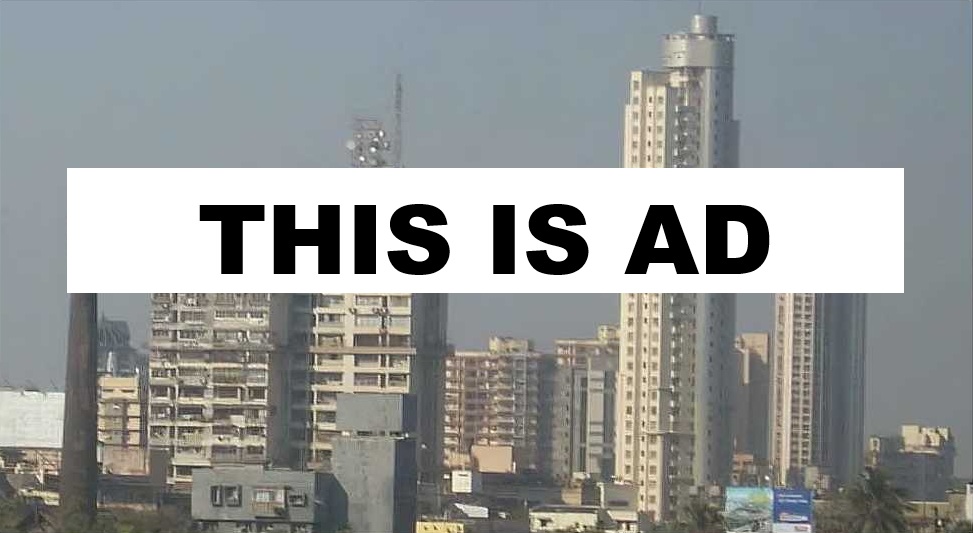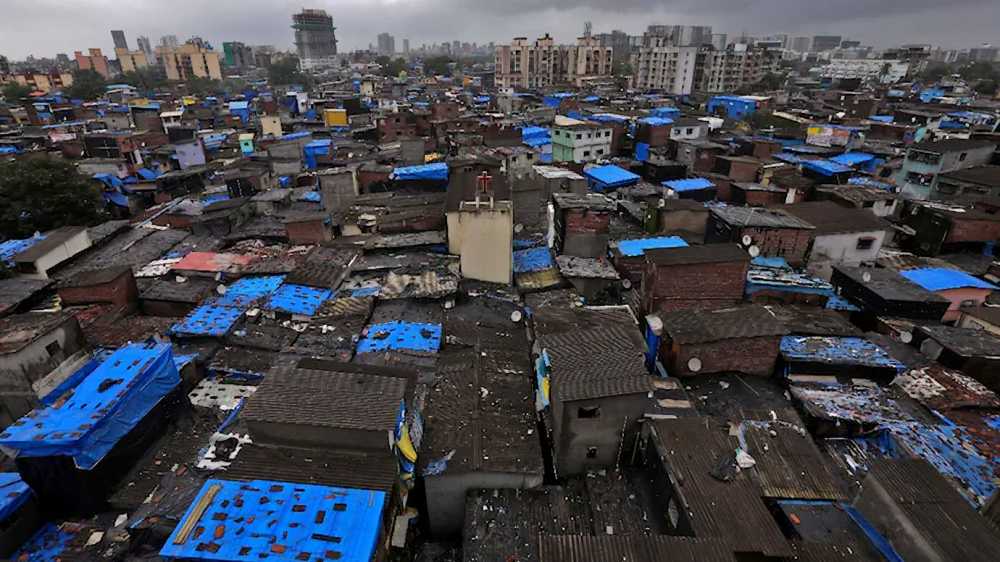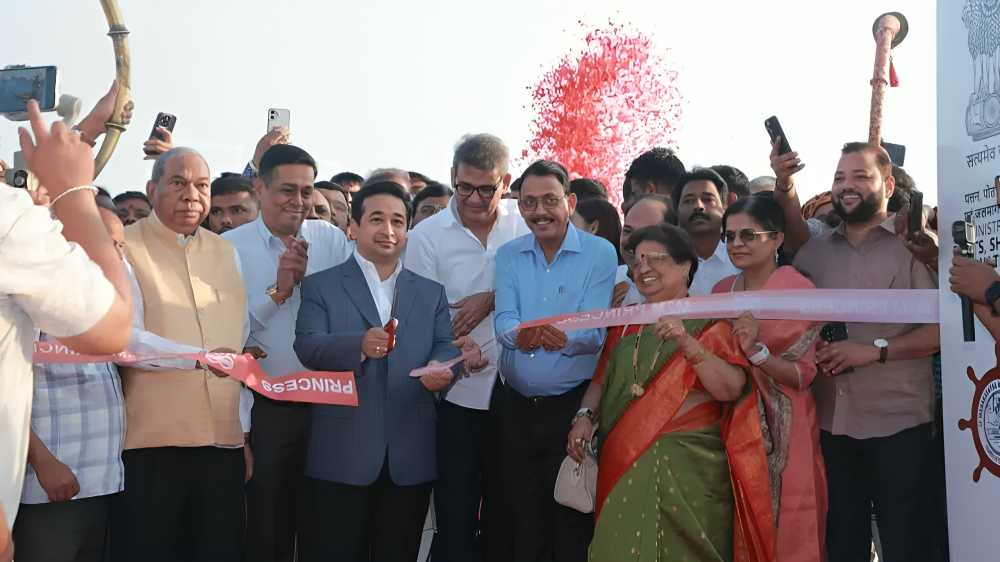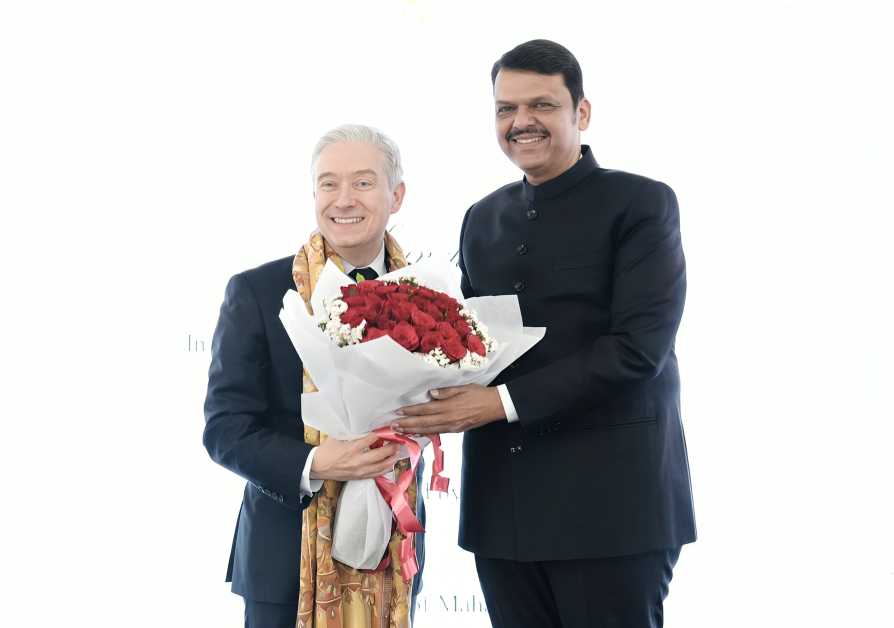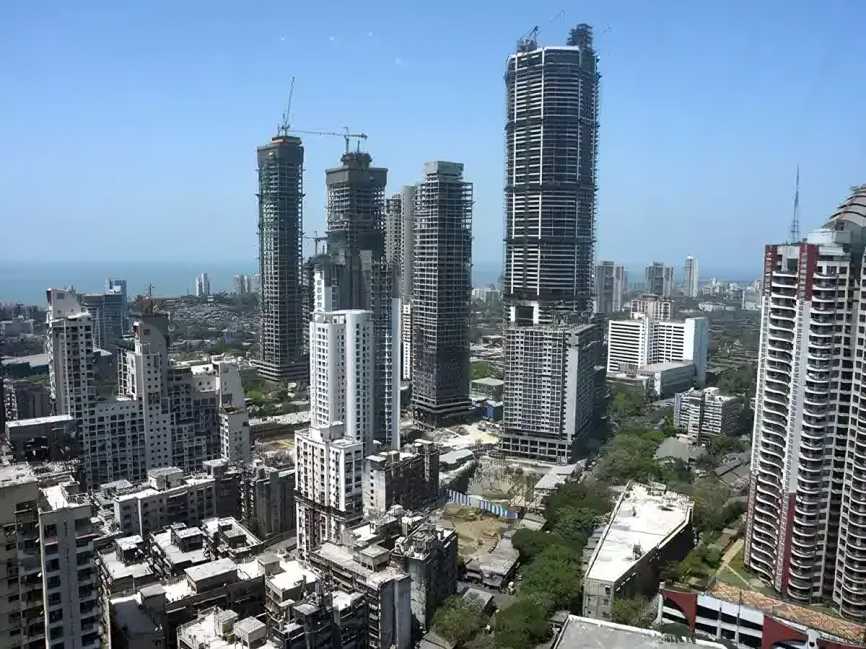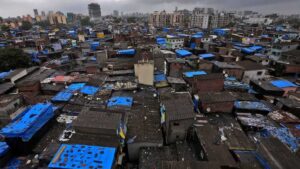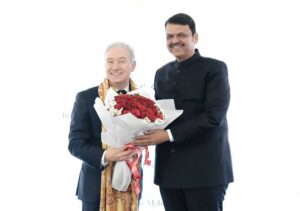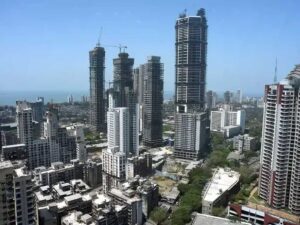September 27, 2025: The Brihanmumbai Municipal Corporation (BMC) will appoint an external agency to carry out a comprehensive environmental study of the Mulund landfill. The assessment will include testing soil for contamination, evaluating groundwater quality, monitoring air quality, and analysing gas emissions. With the landfill now closed for dumping, the study aims to guide future development plans for the site.
Mumbai generates around 7,000 metric tonnes of waste daily, with 90 per cent processed at the Kanjurmarg facility and the remaining 10% sent to the Deonar landfill. The 24-hectare Mulund dumping ground, operational since 1968 and once the city’s second-largest, was officially closed in 2018.
In October 2018, the BMC awarded a Rs 731-crore contract to reclaim the site through bio-mining, an eco-friendly method to process legacy waste and restore the land. However, delays caused by the COVID-19 pandemic and challenges in securing necessary permissions meant work only began in 2021. Over the past four years, approximately 70 lakh metric tonnes, or 70% of the legacy waste, have been cleared from the Mulund landfill. The remaining 21 lakh metric tonnes are expected to be bio-mined and the site fully restored within the next year.
As part of the preparation, the BMC has invited tenders to appoint a consultant to draft development plans for the reclaimed land. A senior civic official noted that the study is intended to provide a roadmap for the future use of the site.
The environmental assessment, to be conducted over one month at a cost of Rs 3 lakh, will include provision of manpower and machinery for field operations. The agency will analyse soil, groundwater, and air quality to determine the suitability of the reclaimed land for different types of development, ensuring informed and safe utilisation of the site once reclamation is complete.
Source: The Free Press Journal







